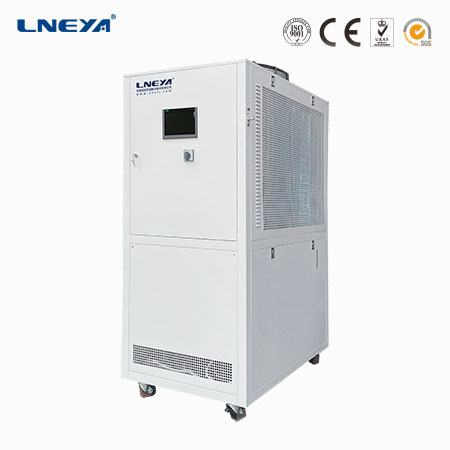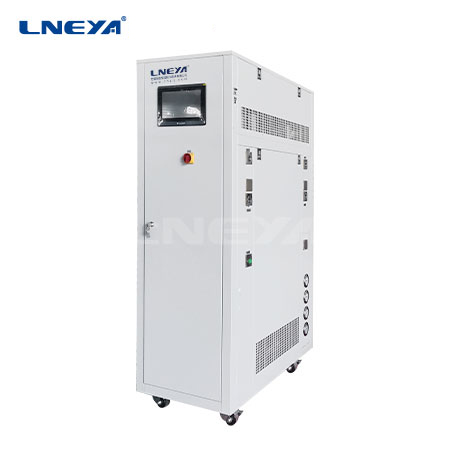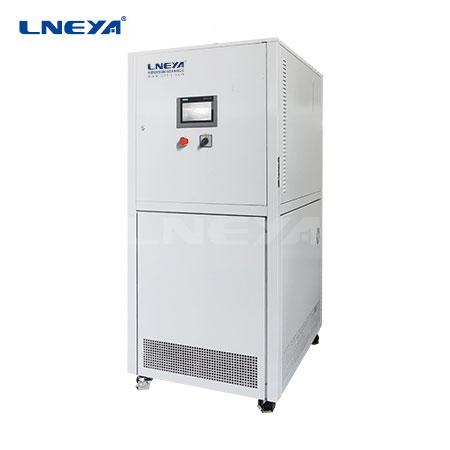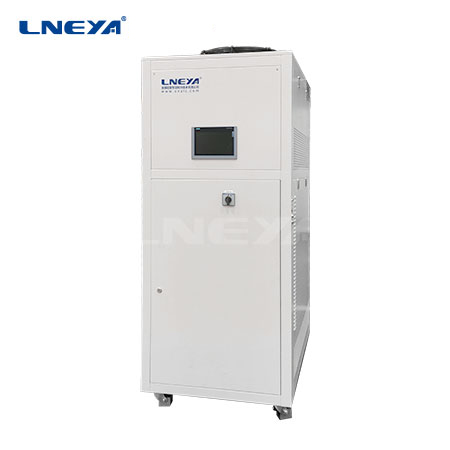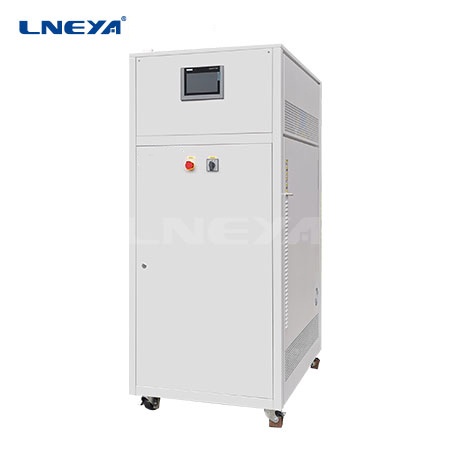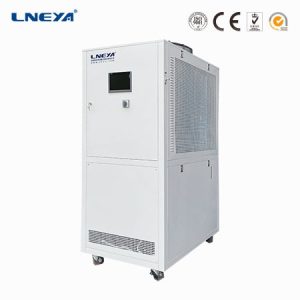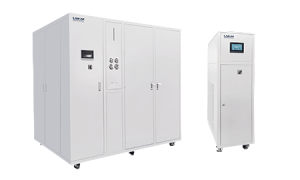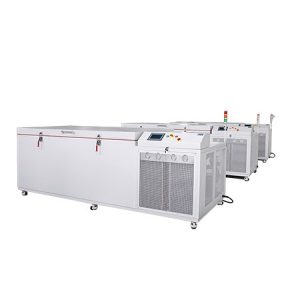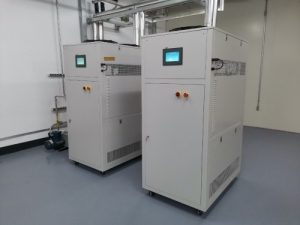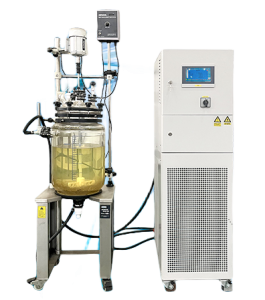Which testing processes require a water cooling chiller?
LNEYA cooling circulator chillers play a key role in a variety of testing processes, especially in situations where precise temperature control and efficient thermal management are required.
The following are several common test processes that require cooling circulator chillers:
Electronic component testing:
Thermal cycle testing: simulate the performance of electronic products under extreme temperature changes to ensure their stability and reliability under different temperature conditions.
Power testing: When testing high-power electronic components (such as semiconductors, integrated circuits, power modules), water cooling chillers can effectively remove the heat generated during the test and keep the components within a safe operating temperature range.
Material science testing:
Thermal expansion coefficient test: Test the thermal expansion properties of materials by precisely controlling the temperature.
Thermal conductivity test: Evaluate the thermal conductivity of materials, and precise temperature control is required to simulate heat transfer under different conditions.
Chemical reaction testing:
Chemical reaction temperature control: When performing chemical synthesis or catalytic reactions, the reaction temperature needs to be precisely controlled to ensure that the reaction proceeds as expected.
Reactor cooling: During the chemical reaction process, water cooling chiller can help control the temperature in the reactor to ensure that the chemical reaction is carried out within the appropriate temperature range.
Automotive and aerospace testing:
Engine testing: In engine performance testing, water cooling chiller can help simulate the cooling requirements of the engine under different working conditions.
Thermal management system testing: When testing the thermal management system of an automobile or aircraft, water cooling chiller can simulate different ambient temperature conditions and evaluate the thermal management performance of the system.
Battery testing:
Battery performance testing: When testing the battery’s charge and discharge performance, cycle life, etc., watere cooling chiller can provide precise temperature control to ensure the accuracy and consistency of the test results.
Thermal management testing: Evaluate the thermal management performance of the battery under different temperature conditions to ensure the safety and reliability of the battery.
Environmental simulation test:
Climate chamber test: In environmental tests that simulate different climate conditions, water cooling chillers can provide precise temperature control for climate chambers to simulate environments under different temperature conditions.
Semiconductor test:
Power semiconductor test: When testing power semiconductor devices (such as IGBT, MOSFET, SiC and GaN, etc.), water cooling chillers can provide dual-channel independent control to perform heating and cooling cycle tests on semiconductor devices respectively to evaluate the performance and reliability of devices under temperature cycle changes.
In summary, LNEYA cooling circulator chillers are indispensable tools in a variety of test processes to provide precise temperature control and efficient thermal management to ensure the accuracy of test results and product performance.
Cooling power
0.35kW~0.9kW
Power range
0.6kW
Normal Temperature Water/Oil ChillerNORMAL COOLING WATER CHILLERTemperature Range 5°C~50°CAn economical and environmentally friendly alternative to circulating cooling waterWorking Principle1、Compressor2、Condenser3、Expansion Valve4、Evaporator5…
Cooling capacity
0.4kW~6kW
Power range
3kW~9kW
Cooling capacity
0.75kW~12kW
Power range
1.6kW~8kW
Cooling capacity
0.3kW~2.1kW
Power range
5.5kW~14kW
Cooling capacity
0.2kW~6kW
Power range
3.5kW~11.5kW
 Industrial Chiller Heater Equipment Supplier-LNEYA
Industrial Chiller Heater Equipment Supplier-LNEYA


